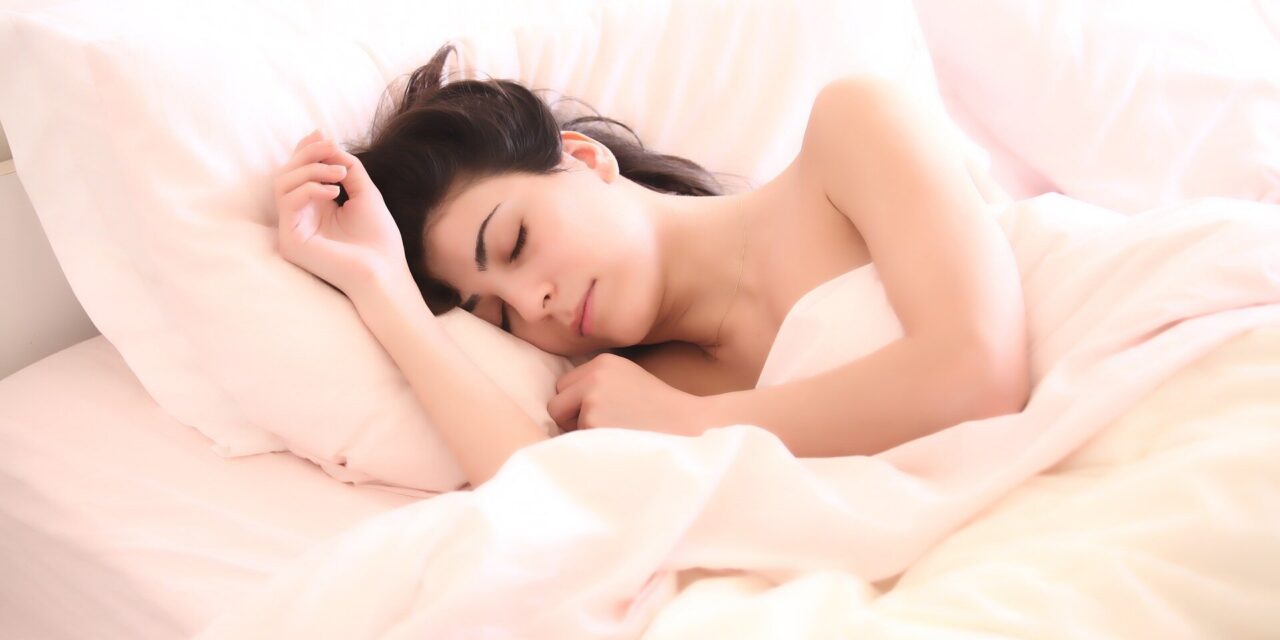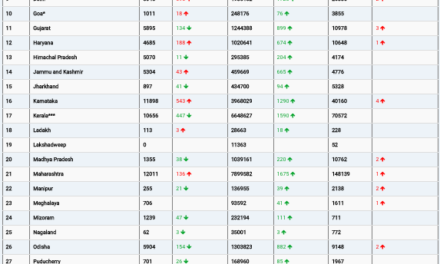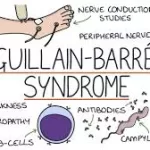Some people wake up vividly recalling their dreams and can describe intricate stories from the night, while others struggle to remember even a single detail. Why does this happen? A new study, conducted by researchers at the IMT School for Advanced Studies Lucca and published in Communications Psychology, explores the factors that influence “dream recall”—the ability to remember dreams upon awakening—and identifies key individual traits and sleep patterns that shape this phenomenon.
A Mystery Unfolds
The reason behind the differences in dream recall remains largely unknown. Some past studies suggested that women, young individuals, or those prone to daydreaming tend to remember their dreams more frequently. However, other research has failed to confirm these findings. Similarly, hypotheses linking dream recall to personality traits or cognitive abilities have found little consistent support. Interest in the phenomenon resurged during the COVID-19 pandemic when people worldwide reported an increase in morning dream recall.
Study Design and Key Findings
The new research, conducted in collaboration with the University of Camerino between 2020 and 2024, involved over 200 participants aged 18 to 70. These participants recorded their dreams daily for 15 days while their sleep and cognitive data were tracked using wearable devices and psychometric tests.
Each participant was given a voice recorder to report their dreams immediately upon awakening. They noted whether they remembered having a dream, had a vague impression of dreaming but could not recall any details, or were able to describe their dreams fully. Throughout the study, participants wore an actigraph—a wrist-worn sleep tracker that measured sleep duration, efficiency, and disturbances. Additionally, they completed psychological tests assessing anxiety levels, interest in dreams, proneness to mind-wandering, memory, and selective attention.
The findings revealed that dream recall varied significantly among individuals and was influenced by multiple factors. Notably, those with a positive attitude toward dreams and a tendency for mind-wandering were more likely to remember their dreams. Sleep patterns also played a crucial role: individuals who spent more time in light sleep stages had a greater likelihood of waking up with dream memories.
Age and Seasonal Variations
Younger participants exhibited higher rates of dream recall, whereas older individuals often reported “white dreams”—a sensation of having dreamed without remembering the details. This suggests that memory-related changes during sleep could be age-dependent. Additionally, seasonal variations were observed, with lower dream recall reported in winter compared to spring, hinting at the possible influence of environmental or circadian rhythms.
Implications for Mental Health and Consciousness Studies
“Our findings suggest that dream recall is not just a matter of chance but reflects the interplay of personal attitudes, cognitive traits, and sleep dynamics,” said Giulio Bernardi, professor of general psychology at the IMT School and lead author of the study. “These insights enhance our understanding of the mechanisms behind dreaming and have implications for research on mental health and consciousness.”
Valentina Elce, first author of the study, added, “The data collected from this project will serve as a reference for future comparisons with clinical populations. This could help us advance research into pathological alterations in dreaming and their potential diagnostic value.”
Future Directions
With the study shedding new light on dream recall mechanisms, researchers hope to explore its connections to mental health disorders such as PTSD, insomnia, and depression. The findings could pave the way for therapeutic interventions that enhance dream recall for psychological well-being.











